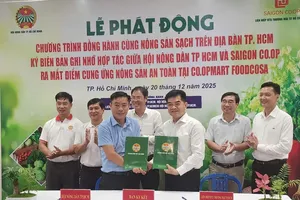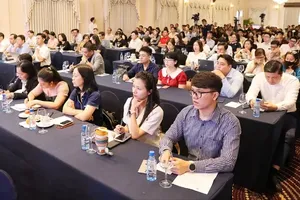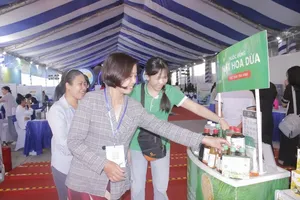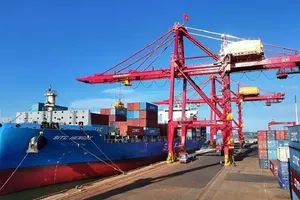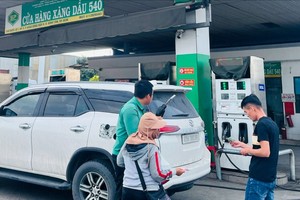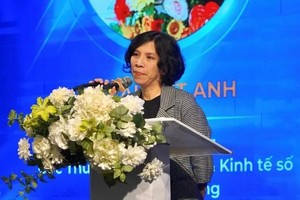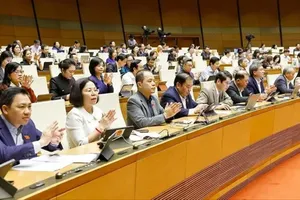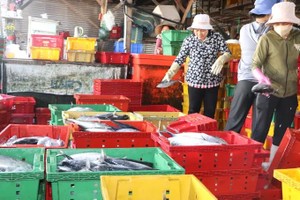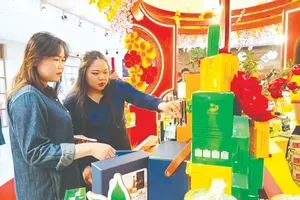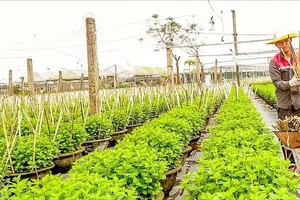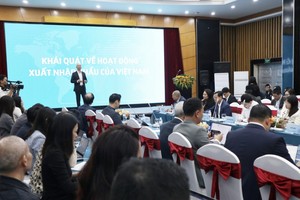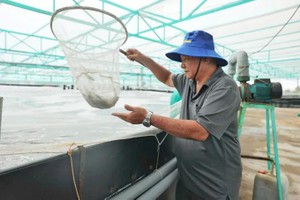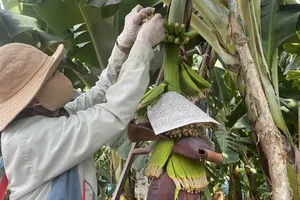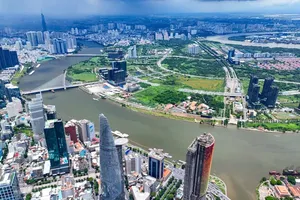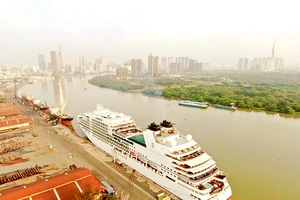Chairman of the HCMC People’s Committee Le Hoang Quan and Deputy Chairwoman of the HCMC People’s Committee Nguyen Thi Hong chaired a meeting with Steering Committee for National Economic Integration about city’s solutions for Free Trade Agreements (FTA) and Trans-Pacific Partnership (TPP).
According to World Trade Organization (WTO) Integration Support Centre in Ho Chi Minh City, at this time Vietnam has completed and joined 12 bilateral and multilateral FTA.
Particular, ASEAN- China Free Trade Agreement (ACFTA 2004), ASEAN- Korea Free Trade Agreement (AKFTA 2006), ASEAN- Japan Free Trade Agreement (AJFTA 2008), ASEAN- India Free Trade Agreement (AIFTA 2010), ASEAN- Australia - New Zealand Free Trade Agreement (AANZFTA 2010), Vietnam-Japan Economic Partnership Agreement (VJEPA 2009), and Vietnam- Chile Free Trade Agreement signed.
However, by signing the FTA between Vietnam and Korea, between Vietnam and Asia – Europe Economic Union are not effective. Almost FTA negotiations in the first period focused on removing both tariff and non-tariff barriers for cargo.
Signing the FTA between Vietnam and Asia – Europe Economic Union will affect to economic trade and regulations of Vietnam in general and Ho Chi Minh City in particular.
Experts said: “When Vietnam becomes the TPP participating country, Vietnam will receive benefit most. Besides, with participation in the TPP, Vietnam's GDP can increase by US$ 23, 5 billion in 2020, US$ 33, 5 billion in 2025, and US$ 68 billion for export turnover in 2025”.
Deputy Chairwoman Nguyen Thi Hong considered: “With participation in the FTA, Vietnam Gross Domestic Product (GDP) will increase. It will help Vietnam enhance its position; however, Vietnam also will face many difficulties and challenges”.
According to Chairman Le Hoang Quan, economic integration is necessary. The TPP will open an unprecedented chance of trade development and potential prosperity for Vietnam. With the role of Ho Chi Minh City as the most important economic center in Vietnam, city's authorities will work actively with ministries, departments and relevant agencies to build and implement plans, mechanisms and policies to ready for difficulties and challenges ahead.
